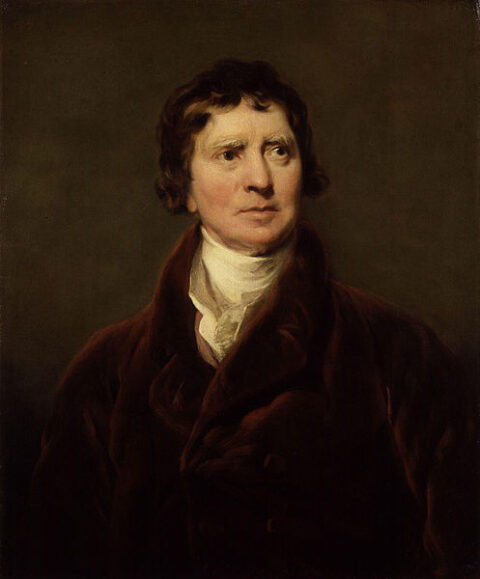Eliza Mondegreen reports her experiences at the World Professional Association for Transgender Health gathering in Montreal last year:
This was no ordinary medical conference. Over the course of three days, I learned a great many things. That eunuchs are one of the world’s oldest gender identities and that doctors should not judge their strange desires for castration but fulfil them. That, “ideally, patients wouldn’t be actively psychotic” when they initiated testosterone, but that psychotic patients consent to take medication like stool softeners and statins all the time and “people don’t pay that much attention”. That it would be “ableist” to question an autistic girl’s insistence on a double mastectomy. That patients who claim to have multiple personalities that disagree about which irreversible steps to take toward transition can find consensus — or at least obtain a quorum — using a smartphone app.
It is hard to shock me these days — but as I moved around the World Professional Association for Transgender Health’s symposium in Montreal in September 2022, I often felt as if I’d slipped sideways into some strange universe that operated in accordance with other laws: where up is down and girls are boys and medicine has left its modest brief — healing — far behind in its breathless pursuit of transcendence.
I wasn’t really supposed to be there. I hadn’t misrepresented myself — I am what I claimed to be: a graduate student researching gender identity — but this was a convocation for believers and I’m a sceptic. When WPATH, the world’s most prestigious and influential gathering in transgender healthcare, came to Montreal, I couldn’t resist the opportunity to see up close the people and ideas I had pursued through so many articles and books.
[…]
It’s difficult to imagine clinicians practising in other areas of medicine not asking such basic questions, especially when the basis for treatment is so murky. But a good gender clinician, looking at a patient, does not see what non-believers like you or I might see. A good clinician falls under the sway of the same fantasy as the patient and conspires with her to bring her transgender self into existence. Under this framework, there is no “really trans” or not. There is only what the patient says and the readiness of the clinician to put herself at the service of the patient’s vision.
A bad gender clinician, by contrast, feels an “entitlement to know” why a patient feels the way she does or why she seeks a particular intervention. She clings to a traditional conception of her role as a “gatekeeper” who evaluates and prescribes. She thinks she can “discern a ‘true’ gender identity beyond what is articulated by the patient”. She may believe she can “identify the ‘root cause’ of a transgender identity”, which is seen as pathologising. She may try to leave the door open to desistance — the most common outcome before gender clinicians started interfering with normal development by deploying puberty-blocking drugs — in which case she is guilty of “valuing cis lives over trans lives”.
A bad gender clinician is easily “intimidated” by complicated patients, while a good gender clinician knows how to secure consent even in the trickiest cases. Mental health difficulties become “mental health differences”. Severe autism or thinking you have multiple personalities living inside your head become empowering forms of “neurodiversity”. When it comes to assessment, “careful” and “comprehensive” have become dirty words: “The answer always seems to be more assessment and more time. That’s gatekeeping.”
During the Denver conference, presenters role-played how to secure informed consent for a hysterectomy and phalloplasty in the case of a schizophrenic, borderline autistic, intellectually disabled “demiboy” with a recent psychiatric hospitalisation. At no point do the role-players encounter any real barriers. Instead, they persevere. At first, the patient struggled to understand why a phalloplasty might require multiple surgeries, but then the clinicians “explained everything” and the patient understood. This is called “lean[ing] into the nuance of capacity”.
The moral of this story is clear: failure to achieve informed consent is a failure on the part of the clinician, a failure of imagination and flexibility, not a recognition that some patients — whether because of age or mental illness or intellectual disability — will simply not be able to consent.






